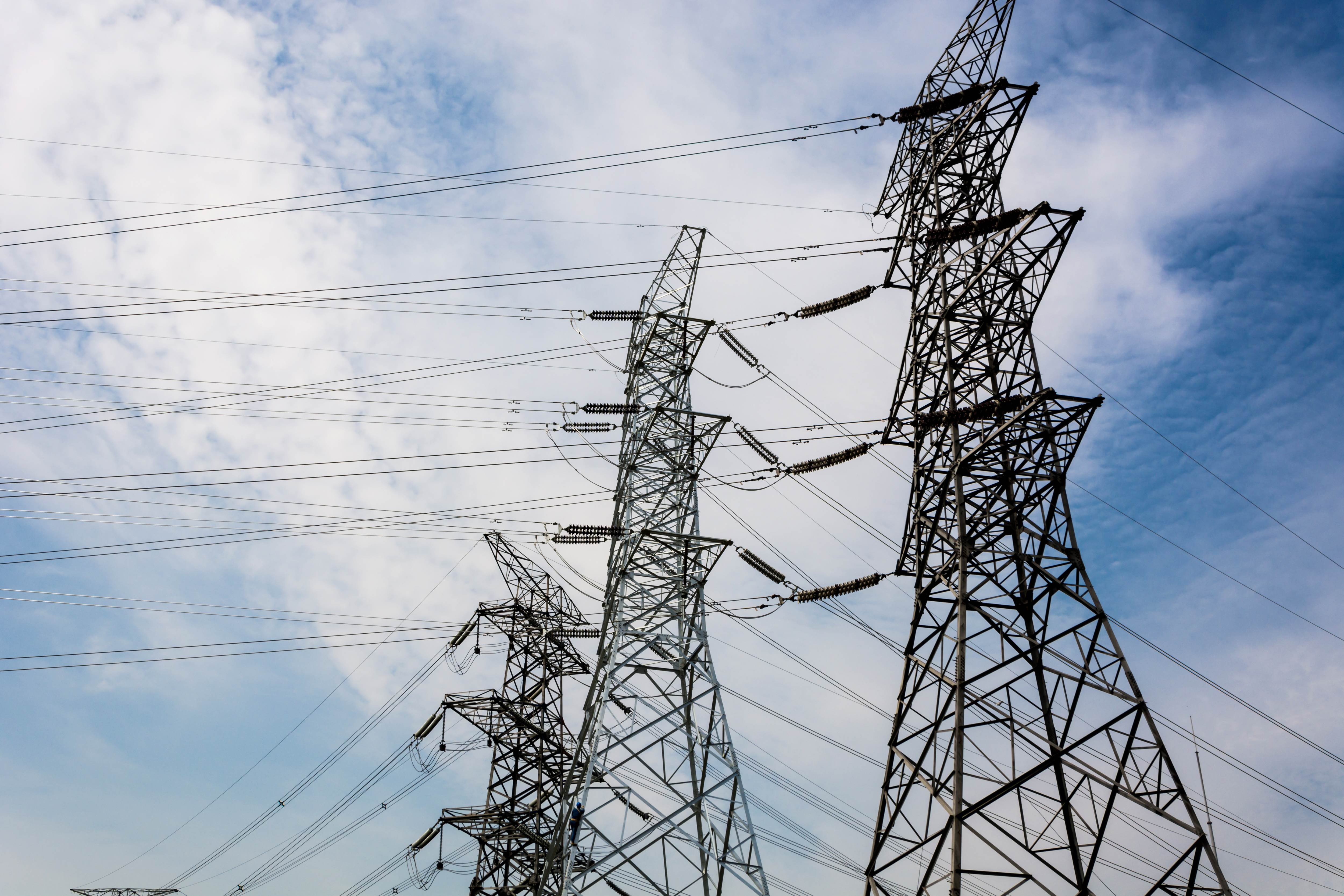The Republic of Moldova has an electrical infrastructure that includes a transmission and distribution network for electric power.
The energy system of the Republic of Moldova is interconnected with that of Romania through a high-voltage line that connects the Isaccea transformer station in Romania and the Vulcănești transformer station in the Republic of Moldova. This high-voltage line is part of what is called the Romania-Moldova-Ukraine Interconnector, a project implemented with the support of the European Union, aimed at improving the energy security of these three countries through the creation of an electrical interconnection.
The recent synchronization with the ENTSO-E system has opened up opportunities for new import routes, while also improving the overall stability and security of the Moldovan network. To further capitalize on the benefits offered by the synchronization of the national power system with ENTSO-E, deeper integration with the EU will be ensured at both technical and market levels.
Regarding the distribution of electric power, it is managed by the state-owned company Moldelectrica, which operates an extensive network of power lines and transformer stations.
In addition, there are several power plants in the Republic of Moldova, including hydroelectric, thermal, and power plants that utilize renewable energy sources such as wind and solar energy. However, the majority of the electricity capacity in the Republic of Moldova is provided by thermal power plants that use natural gas, coal, or petroleum fuel.
Currently, 20% of the electricity demand is covered by domestic production, but the respective power plants are dependent on gas for electricity generation, and the interconnection with the power system in the western part of the country is insufficient. The share of electricity demand covered by the MGRES power plant exceeds an average of 70% of the total electricity supply, indicating dependence on imported primary energy resources, low competition levels, and the need for diversification in the electricity market.
To diversify the sources of electricity generation, the Ministry of Energy is considering policies and programs for the commissioning of new local power plants and the rehabilitation/modernization of existing production capacities.
Existing conventional power plants, which are unable to provide balancing and ancillary services, are planned to be modernized. Additionally, the possibility of integrating energy storage systems into the grid will be evaluated. Furthermore, the integration of energy storage systems and the assessment of the potential inclusion of small-scale hydrogen and nuclear energy in the energy mix are being pursued.
Moreover, the Ministry of Energy will continue to implement systematic market reforms to promote greater competition in the electricity market, as a functional market will provide the right signals for additional investments in production and enable the utilization of the flexibility offered by consumer sites.
Integration with the EU market and increased cooperation with regional partners will enhance competition in the national electricity sectors of the Republic of Moldova.
